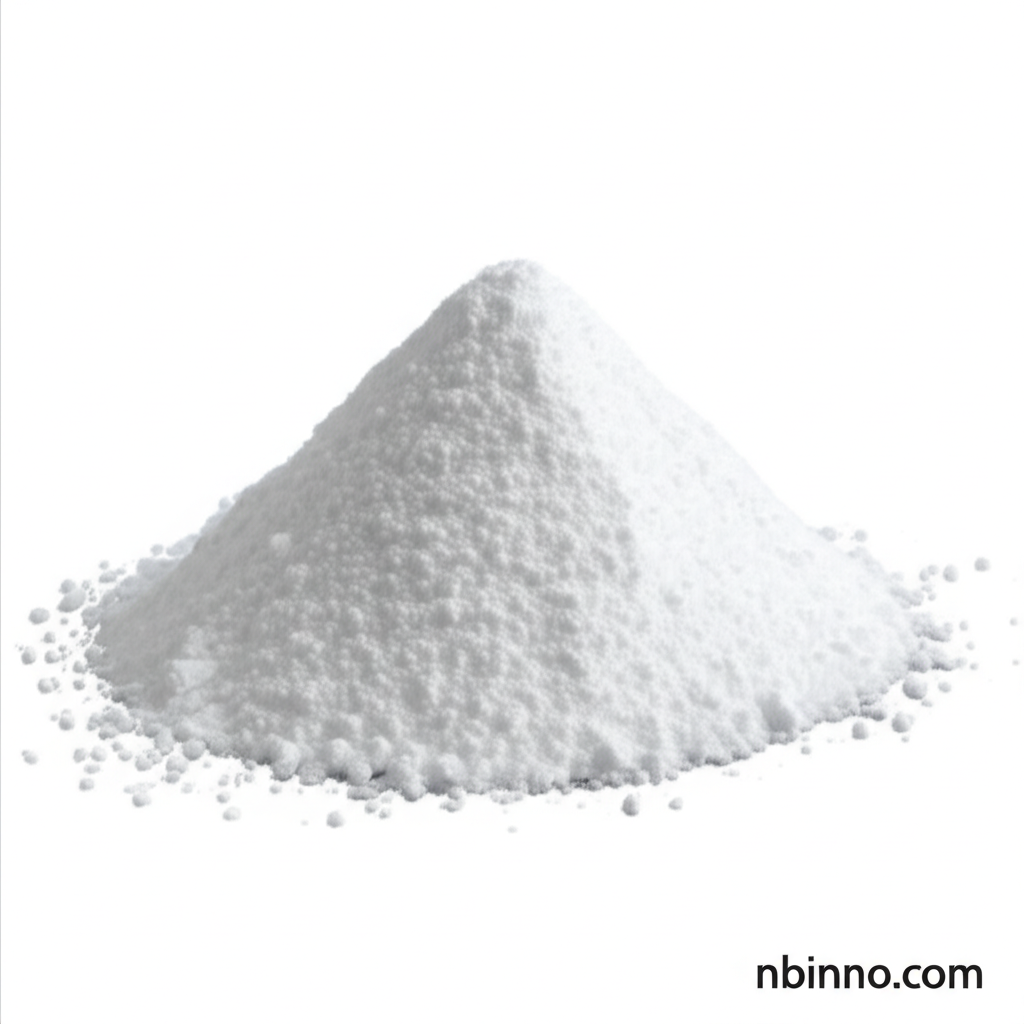SS-31 Peptide: Advanced Mitochondrial Support and Neuroprotection for Research
Explore the cutting-edge potential of SS-31 peptide, a synthetic tetrapeptide designed to enhance mitochondrial function and offer neuroprotection, vital for researchers seeking advanced biochemical tools. Discover its applications in diverse research fields, from aging to metabolic disorders.
Get a Quote & SampleUnlocking Cellular Potential with SS-31

SS-31 Peptide (Elamipretide)
As a leading manufacturer and supplier of high-purity research peptides in China, we offer SS-31, a unique tetrapeptide that targets mitochondria to improve cellular energy production and protect against oxidative damage. Our commitment to quality ensures that researchers can rely on us for consistent and high-performance materials. When you buy SS-31 from us, you are investing in research-grade purity and reliability.
- Enhance Mitochondrial Function: Investigate SS-31's role in improving mitochondrial respiration and ATP production, crucial for cellular energy research.
- Support Neuroprotection Studies: Utilize SS-31 for research into neurodegenerative diseases and neuronal injury, leveraging its ability to protect nerve cells.
- Explore Anti-Aging Applications: Examine SS-31's potential in counteracting age-related cellular decline and improving overall longevity in your studies.
- Secure Your Supply: Partner with a trusted SS-31 peptide supplier for consistent quality and competitive pricing for your bulk purchase needs.
Key Advantages of Researching with SS-31
Targeted Mitochondrial Action
SS-31 peptide is scientifically shown to accumulate in the inner mitochondrial membrane, specifically interacting with cardiolipin to stabilize function and reduce ROS production, vital for understanding mitochondrial dysfunction research.
Broad Research Applicability
From neuroprotection to metabolic conditions and aging, SS-31 offers a versatile compound for exploring a wide array of biological processes and potential therapeutic avenues in your laboratory.
High Purity for Reliable Results
We provide research-grade SS-31 peptide with purity exceeding 99%, ensuring that your experimental outcomes are accurate and reproducible. Purchase SS-31 peptide from a reliable manufacturer for your critical research.
Core Research Applications for SS-31 Peptide
Mitochondrial Health & Bioenergetics
Investigate SS-31's impact on mitochondrial respiration, ATP synthesis, and oxidative phosphorylation, offering insights into cellular energy metabolism and potential interventions for energy-related disorders.
Neuroprotection and Neurological Disorders
Study SS-31's role in protecting neurons from injury and degeneration, relevant for research into conditions like Alzheimer's, Parkinson's, and traumatic brain injury, making it a key peptide for neuroprotection studies.
Aging and Age-Related Diseases
Explore SS-31's potential to mitigate age-associated mitochondrial damage and functional decline, contributing to research on longevity and age-related pathologies.
Metabolic and Cardiovascular Research
Utilize SS-31 to study its effects on metabolic conditions such as type 2 diabetes and its impact on cardiovascular health, by modulating oxidative stress and cellular function.
